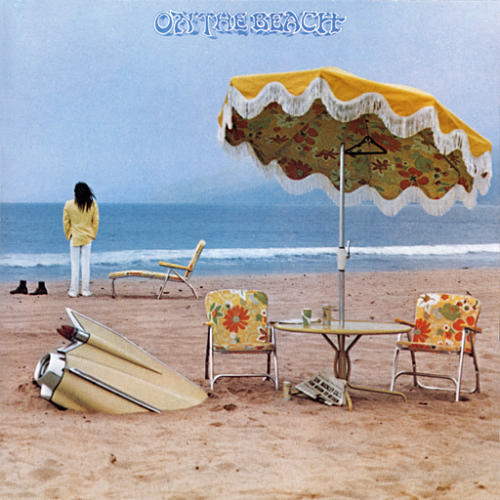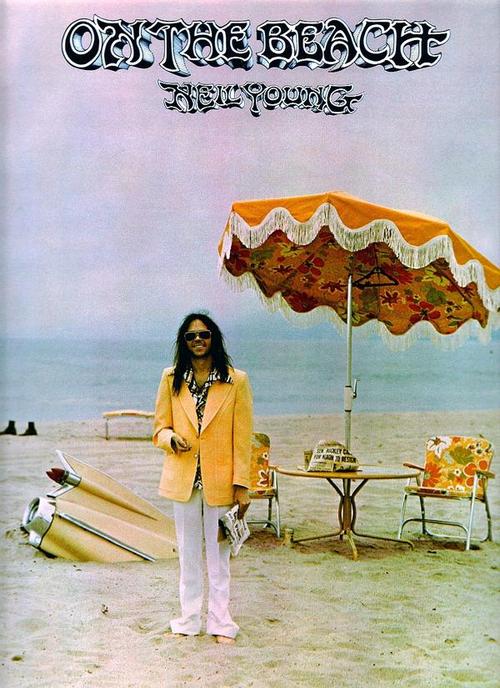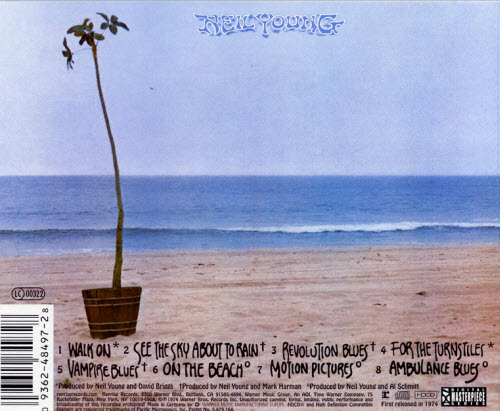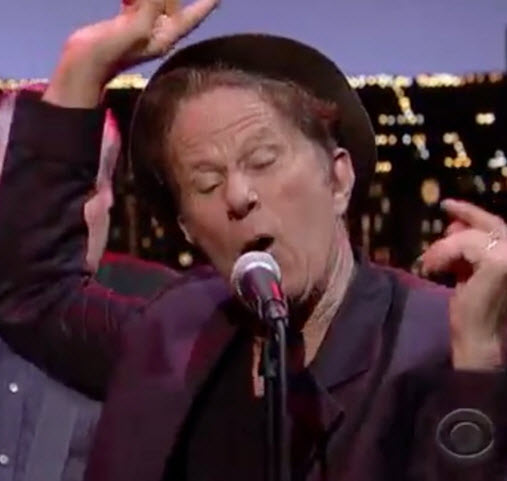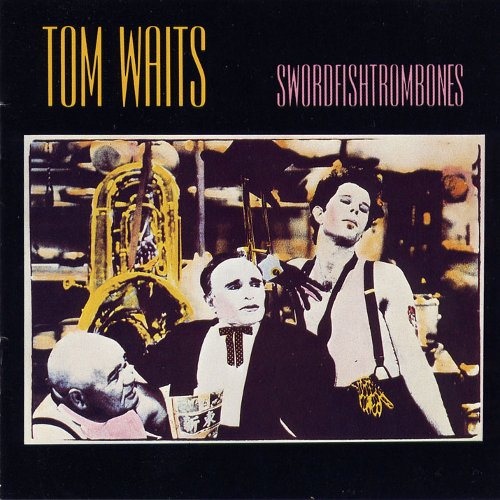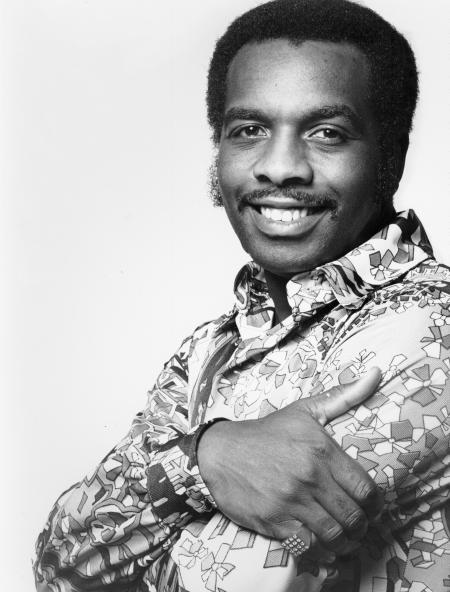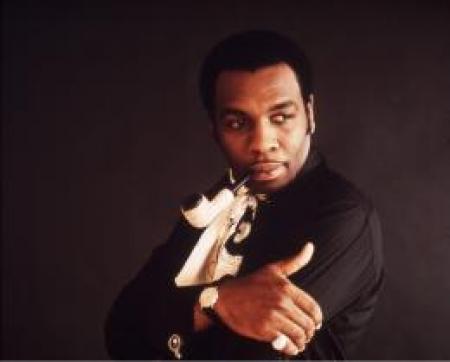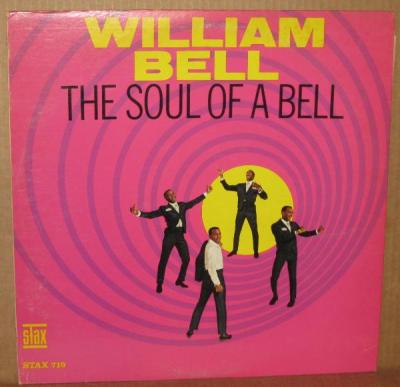“Good album. One side of it particularly—the side with ‘Ambulance Blues’, ‘Motion Pictures’ and ‘On the Beach’ — it’s out there. It’s a great take.”
~Neil YoungThe second in Neil’s ditch trilogy, On the Beach was also disavowed by Young and unreleased on CD until 2003. It is weirder but sharper than Time Fades Away, with harrowing lows and amazing highs, including the off-the-cuff, eight-minute folk jam “Ambulance Blues.”
~rollingstone.com
Walk on:
From Wikipedia:
| Released | July 16, 1974 |
|---|---|
| Recorded | November 30, 1973 – April 7, 1974Arrow Ranch, Woodside, California;Sunset Sound Recorders,Hollywood |
| Genre | Rock, folk rock, blues rock |
| Length | 39:40 |
| Label | Reprise |
| Producer | Neil Young, David Briggs (tracks 1 4), Mark Harman (tracks 2 3 5), Al Schmitt (tracks 6 7 8) |
On the Beach is the fifth studio album by Neil Young, released in 1974. It was unavailable on compact disc until it was released as a HDCD-encoded remastered version on August 19, 2003 as part of his Archives Digital Masterpiece Series.
Recorded after (but released before) Tonight’s the Night, On the Beach shares some of that album’s bleakness and crude production—which came as a shock to fans and critics alike, as this was the long-awaited studio follow-up to the commercially and critically successful Harvest—but also included hints pointing towards a more subtle outlook, particularly on the opener, “Walk On”.
While the original Rolling Stone review described it as “One of the most despairing albums of the decade”, later critics such as Allmusic’s William Ruhlmann used the benefit of hindsight to conclude that Young “[w]as saying goodbye to despair, not being overwhelmed by it”. The despair of Tonight’s the Night, communicated through intentional underproduction and lyrical pessimism, gives way to a more polished album that is still pessimistic but to a lesser degree.
Much like Tonight’s the Night, On the Beach was not a commercial success at the time of its release but over time attained a high regard from fans and critics alike. The album was recorded in a haphazard manner, with Young utilizing a variety of session musicians, and often changing their instruments while offering only bare-bones arrangements for them to follow (in a similar style to Tonight’s the Night). He also would opt for rough, monitor mixes of songs rather than a more polished sound, alienating his sound engineers in the process.
On the Beach:
The world is turnin’,
I hope it don’t turn away,
The world is turnin’,
I hope it don’t turn away.
All my pictures are fallin’
from the wall where
I placed them yesterday.
The world is turnin’,
I hope it don’t turn away.
[The best song on the album…] Ambulance Blues:
“Ambulance Blues” closes the album. The melody ‘unintentionally’ quotes Bert Jansch’s “Needle of Death”. In a 1992 interview for the French “Guitare & Claviers” magazine, Young discussed Jansch’ influence:
“As for acoustic guitar, Bert Jansch is on the same level as Jimi (Hendrix). That first record of his is epic. It came from England, and I was especially taken by “Needle of Death”, such a beautiful and angry song. That guy was so good. And years later, on On the Beach, I wrote the melody of “Ambulance Blues” by styling the guitar part completely on “Do You Hear Me Now?”. I wasn’t even aware of it, and someone else drew my attention to it.”
The song explores Young’s feelings about his critics, Richard Nixon and the state of CSNY. The line “You’re all just pissing in the wind” was a direct quote from Young’s manager regarding the inactivity of the quartet.
Ambulance Blues:
Track Listing:
All songs written by Neil Young.
Side one
- “Walk On” – 2:42
- “See the Sky About to Rain” – 5:02
- “Revolution Blues” – 4:03
- “For the Turnstiles” – 3:15
- “Vampire Blues” – 4:14
Side two
- “On the Beach” – 6:59
- “Motion Pictures” – 4:23
- “Ambulance Blues” – 8:56
–
The real engine of the album’s brilliance, though, is the trio of slow, long, lonely hotel room folk songs that closes out the album, peaking with Neil’s “Desolation Row”, “Ambulance Blues.”
~Rob Mitchum (pitchfork.com)
Personnel:
- Neil Young – guitar on 1 3 5 6 7 8, vocal, Wurlitzer electric piano on 2, banjo on 4, harmonica on 7 8
- Ben Keith – slide guitar on 1, vocal on 1 4, steel guitar on 2, Dobro on 4, Wurlitzer electric piano on 3, organ on 5, hand drums on 6, bass on 7 8
- Tim Drummond – bass on 2 5 6, percussion on 5
- Ralph Molina – drums on 1 5 6, vocal on 1, hand drums on 7 8
Additional personnel
- Billy Talbot – bass on 1
- Levon Helm – drums on 2 3
- Joe Yankee – harp on 2, electric tambourine on 8
- David Crosby – guitar on 3
- Rick Danko – bass on 3
- George Whitsell – guitar on 5
- Graham Nash – Wurlitzer electric piano on 6
- Rusty Kershaw – slide guitar on 7, fiddle on 8
–
..On the Beach was savage and, ultimately, triumphant. “I’m a vampire, babe,” Young sang, and he proceeded to take bites out of various subjects: threatening the lives of the stars who lived in L.A.’s Laurel Canyon (“Revolution Blues”); answering back to Lynyrd Skynyrd, whose “Sweet Home Alabama” had taken him to task for his criticisms of the South in “Southern Man” and “Alabama” (“Walk On”); and rejecting the critics (“Ambulance Blues”). But the barbs were mixed with humor and even affection, as Young seemed to be emerging from the grief and self-abuse that had plagued him for two years. But the album was so spare and under-produced, its lyrics so harrowing, that it was easy to miss Young’s conclusion: he was saying goodbye to despair, not being overwhelmed by it.
~William Ruhlmann (allmusic.com)
Complete album @ youtube:
Album @ spotify:
Other July 16:
Continue reading Today: Neil Young released “On The Beach” in 1974 – 39 years ago

